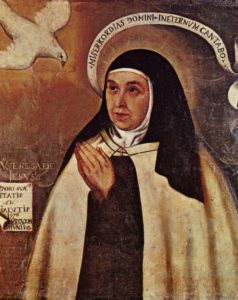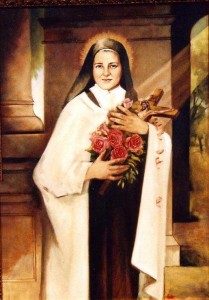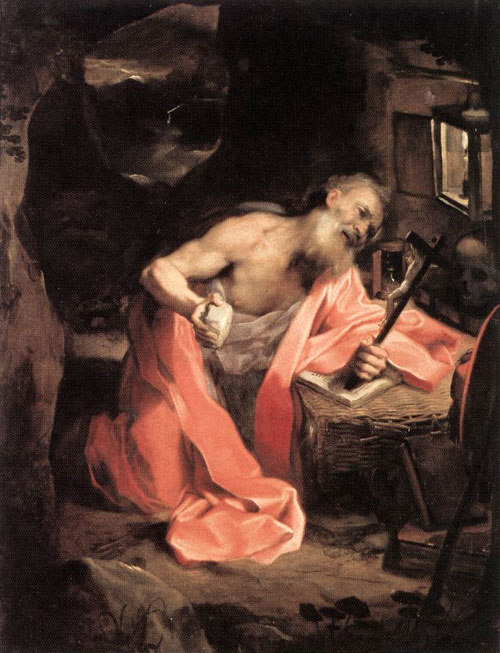Dr. Matthew Bunson and Kris McGregor discuss the life and legacy of St. Teresa of Ávila, a Spanish Carmelite nun and one of the first female Doctors of the Church. St. Teresa was declared a Doctor of the Church by Pope Paul VI in 1970, recognizing her profound teachings on prayer and the mystical life. Her autobiography reveals her early influences, like her father’s piety and her desire to become a martyr, as well as her struggles with pride and materialism. Despite these challenges, she entered the Carmelite convent and later reformed the Carmelite order, emphasizing a return to simplicity, prayer, and devotion.
Her encounter with the Inquisition was due to her family’s Jewish heritage and how, like many saints of her time, she submitted to Church authority, deepening her commitment rather than rebelling. St. Teresa’s relationship with other saints, including St. John of the Cross, was instrumental in establishing the Discalced Carmelites, a reformed branch of the Carmelites devoted to austerity and contemplative prayer. Her death in 1582 marked the culmination of a life dedicated to mystical union with Christ, evident in her final words expressing her readiness to meet her Lord.
”St. Teresa, whose name was Teresa de Cepeda y Ahumada, was born in Avila, Spain, in 1515. In her autobiography she mentions some details of her childhood: she was born into a large family, her “father and mother, who were devout and feared God”, into a large family. She had three sisters and nine brothers.
While she was still a child and not yet nine years old she had the opportunity to read the lives of several Martyrs which inspired in her such a longing for martyrdom that she briefly ran away from home in order to die a Martyr’s death and to go to Heaven (cf. Vida, [Life], 1, 4); “I want to see God”, the little girl told her parents.
A few years later Teresa was to speak of her childhood reading and to state that she had discovered in it the way of truth which she sums up in two fundamental principles.
On the one hand was the fact that “all things of this world will pass away” while on the other God alone is “for ever, ever, ever”, a topic that recurs in her best known poem: “Let nothing disturb you, Let nothing frighten you, All things are passing away: God never changes. Patience obtains all things. Whoever has God lacks nothing; God alone suffices”. She was about 12 years old when her mother died and she implored the Virgin Most Holy to be her mother (cf. Vida, I, 7).
If in her adolescence the reading of profane books had led to the distractions of a worldly life, her experience as a pupil of the Augustinian nuns of Santa María de las Gracias de Avila and her reading of spiritual books, especially the classics of Franciscan spirituality, introduced her to recollection and prayer.
When she was 20 she entered the Carmelite Monastery of the Incarnation, also in Avila. In her religious life she took the name “Teresa of Jesus”. Three years later she fell seriously ill, so ill that she remained in a coma for four days, looking as if she were dead (cf. Vida, 5, 9).
In the fight against her own illnesses too the Saint saw the combat against weaknesses and the resistance to God’s call: “I wished to live”, she wrote, “but I saw clearly that I was not living, but rather wrestling with the shadow of death; there was no one to give me life, and I was not able to take it. He who could have given it to me had good reasons for not coming to my aid, seeing that he had brought me back to himself so many times, and I as often had left him” (Vida, 7, 8).
In 1543 she lost the closeness of her relatives; her father died and all her siblings, one after another, emigrated to America. In Lent 1554, when she was 39 years old, Teresa reached the climax of her struggle against her own weaknesses. The fortuitous discovery of the statue of “a Christ most grievously wounded”, left a deep mark on her life (cf. Vida, 9).
The Saint, who in that period felt deeply in tune with the St Augustine of the Confessions, thus describes the decisive day of her mystical experience: “and… a feeling of the presence of God would come over me unexpectedly, so that I could in no wise doubt either that he was within me, or that I was wholly absorbed in him” (Vida, 10, 1).
Parallel to her inner development, the Saint began in practice to realize her ideal of the reform of the Carmelite Order: in 1562 she founded the first reformed Carmel in Avila, with the support of the city’s Bishop, Don Alvaro de Mendoza, and shortly afterwards also received the approval of John Baptist Rossi, the Order’s Superior General.
In the years that followed, she continued her foundations of new Carmelite convents, 17 in all. Her meeting with St John of the Cross was fundamental. With him, in 1568, she set up the first convent of Discalced Carmelites in Duruelo, not far from Avila.
In 1580 she obtained from Rome the authorization for her reformed Carmels as a separate, autonomous Province. This was the starting point for the Discalced Carmelite Order.
Indeed, Teresa’s earthly life ended while she was in the middle of her founding activities. She died on the night of 15 October 1582 in Alba de Tormes, after setting up the Carmelite Convent in Burgos, while on her way back to Avila. Her last humble words were: “After all I die as a child of the Church”, and “O my Lord and my Spouse, the hour that I have longed for has come. It is time to meet one another”.
Teresa spent her entire life for the whole Church although she spent it in Spain. She was beatified by Pope Paul V in 1614 and canonized by Gregory XV in 1622. The Servant of God Paul VI proclaimed her a “Doctor of the Church” in 1970.
Teresa of Jesus had no academic education but always set great store by the teachings of theologians, men of letters and spiritual teachers. As a writer, she always adhered to what she had lived personally through or had seen in the experience of others (cf. Prologue to The Way of Perfection), in other words basing herself on her own first-hand knowledge.
Teresa had the opportunity to build up relations of spiritual friendship with many Saints and with St John of the Cross in particular. At the same time she nourished herself by reading the Fathers of the Church, St Jerome, St Gregory the Great and St Augustine.
Among her most important works we should mention first of all her autobiography, El libro de la vida (the book of life), which she called Libro de las misericordias del Señor [book of the Lord’s mercies].”

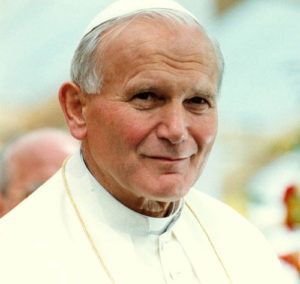

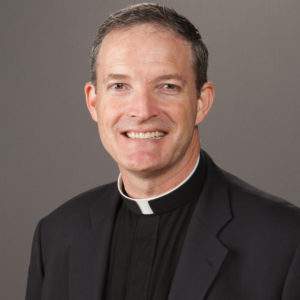

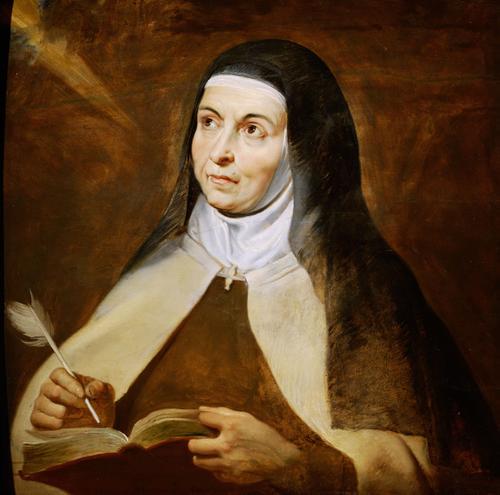 From the General Audience on St. Teresa of Avila
From the General Audience on St. Teresa of Avila